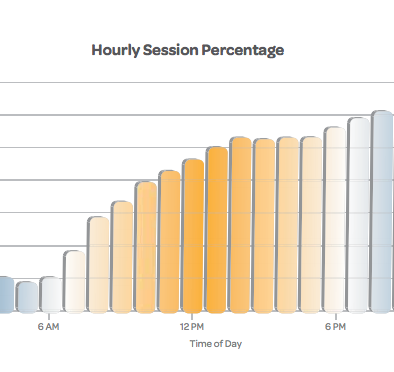Can your social media posts be used against you in a court of law? According to a new survey from Lawyers.com, less than 50% of social media users believe their activity on social platforms can have legal ramifications.
“Social media activity can absolutely be subpoenaed” says Larry Bodine, Esq., editor-in-chief of Lawyers.com, in a blog post announcing the research.
The survey examined several different social platforms, asking users if they were aware that social media posts could be used as legal evidence:
- less than half (46%) of Facebook users realize their posts can be used as legal evidence
- this number drops to 44% for YouTube users, 38% of Twitter users, 32% of Instagram users, and only 25% of Vine users who are aware that social media posts can be used against them in a court of law
Not surprisingly, younger social media users were more likely to be aware that social media activity could be used as legal evidence (against them) in a court of law; users under 24 were twice as likely to be aware as those 55 or older. Users with higher incomes and higher levels of education were also more aware of the potential legal ramifications of their social media posts.
“Our society’s inclination to tweet, post and share everything about our personal lives can be fun – but it can also lead to legal trouble,” says Larry Bodine. “Our survey shows that most people are unaware that their online ‘digital trail’ can and will be used against them in legal situations, despite privacy settings or deleted posts.”
A final word of advice from Lawyers.com: “don’t post or tweet anything you can’t explain to a judge.”


